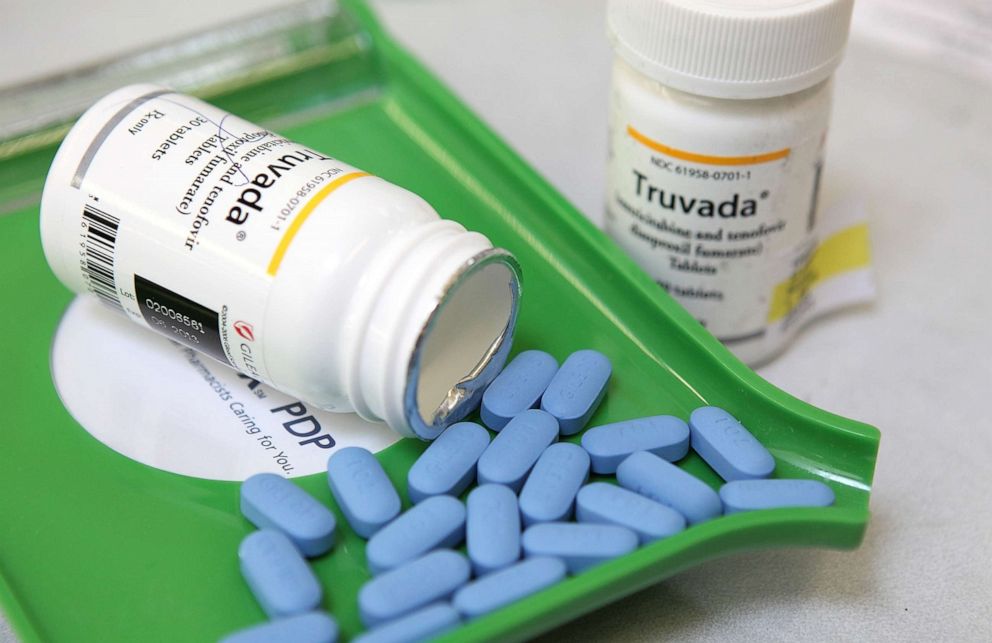'Game changer': A shot every 2 months works better than a daily pill to prevent HIV, study says
"There is clearly a new option for HIV prevention," one doctor says.
Thanks to modern medicine, we now have a once-daily pill that can prevent HIV, a virus that interferes with the body's ability to fight infections. However, experts say the pill doesn't work for everyone's lifestyle, and it's important for people to have other options so they can better protect themselves from HIV infection.
Now, a new study finds that a long-acting injectable medication given as a shot every eight weeks is significantly more effective than a HIV prevention pill taken every day called Truvada.
The study, which comes from the HIV Prevention Trials Network and was published at the 23rd International AIDS Conference, builds on prior research showing the shot was equally effective to the pill. The shot, called cabotegravir, has not yet been FDA approved.
"This study is important -- it is the first to try something that is not an oral medication for prevention of HIV, it is the first one looking at HIV prevention that is comparing two active drugs," said Dr. Carlos del Rio, one of the investigators involved with the study.
"We know that if you take Truvada every day the effect is very good, so here we were hoping that results of a new agent would be just as good," said Del Rio, the Executive Associate Dean of Emory University School of Medicine at Grady Health System. "What we showed at the end of the study was that cabotegravir was superior to Truvada."

The study enrolled 4,570 cisgender men and transgender women (people who were born male but identify as a woman) who had sex with men. The research was conducted at sites located in the United States, Argentina, Brazil, Peru, South Africa, Thailand and Vietnam. People were randomized into two groups: one that used injectable cabotegravir for HIV prevention and the other that used the daily pill Truvada.
Overall, 52 people became HIV positive during the course of the study. There were 39 incident infections in the Truvada group, but only 13 in the cabotegravir group. In other words, cabotegravir had a significantly lower rate of HIV infections and was a more successful agent in preventing the transmission of HIV overall.

"The main message is that there is clearly a new option for HIV prevention," del Rio said. "Some people prefer to take pills, and they will work -- but if you're someone who cannot take pills every day, maybe reluctant, there is an option now to use an injection."
The study team is also investigating cabotegravir to see if the same results can be applied to cisgender women. With more research, del Rio is hopeful that the frequency of injections can be decreased from every eight weeks to every 3-6 months.
The new drug means people may soon have more options to safety get treated to reduce the risk of HIV transmission and can therefore significantly decrease the chance of its subsequent development.
"This shows the power of well-conducted clinical trials," del Rio said. "This is a game changer -- we can really impact HIV acquisition for people at risk."
Dr. Monica Saxena contributed to this report.





